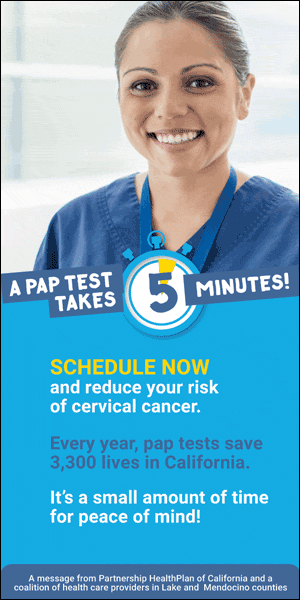

Dr. Valerie Briones-Pryor lost her 27th patient to COVID-19 on Monday morning. Before noon, she was one of the primary five patients in Kentucky to get the coronavirus vaccine.
Over the following 72 hours, 11 regional hospitals across the state will get a lot more than 12,000 doses of the vaccine to manage to healthcare workers like Briones-Pryor, that has worked in a COVID-19 wing at Jewish Hospital since March 17th.
“The vaccine I took today was for her family, and the other 26 [patients] I have lost,” Briones-Pryor said.
More than 2,000 Kentuckians have lost their lives to COVID-19 because the first case was confirmed in the state on March 6th. The pandemic continues to grip their state with 119 of 120 counties reporting uncontrolled spread of the virus.
But with the arrival from the first vaccines, for the first time in a very long time, Briones-Pryor said she and her colleagues feel hope.

The first shipment of COVID-19 vaccine at the University of Louisville Hospital in Kentucky on December 14, 2021.
Another 25,000 doses are headed to CVS and Walgreens, that have a federal contract to vaccinate workers and residents in the state's long-term care facilities. Long-term care residents make up almost two-thirds of COVID-19 deaths and want a higher amount of resources when they're hospitalized.
Beshear said he expects the federal approval from the Moderna vaccine in the future. Following its approval, Beshear said Kentucky may receive as many as 150,000 doses of that vaccine by the end of the month.
The first 38,000 doses of the Pfizer vaccine arrived in Louisville on Sunday through UPS Worldport.
UPS Driver Byron Bishop delivered the very first case of vaccines to the University of Louisville Hospital on Monday morning in their typical route. He explained it's the most significant package he's ever delivered.
“I mean it hasn't struck me not yet been honest with you,” he said. “It's humbling being a member of this vaccine process, it is going to save a lot of lives.”
The first shipment of vaccine in Louisville Kentucky pic.twitter.com/2W4CUKuatI
– Ryan Van Velzer (@RyanVanVelzer) December 14, 2021
Gov. Andy Beshear, the media and University of Louisville Hospital staff have there been to look at as Bishop unloaded the very first shipment off the truck inside the loading bay of University of Louisville Hospital.
“Today we are able to see victory. We are able to begin to see the defeat from the coronavirus and the end of the pandemic,” Beshear said. “This is really a historic achievement that promises to save resides in this fight, restore our economy, get our kids back to school and let our youngsters hug their grandparents once more.”
Chief Medical Officer Dr. Jason Smith, Briones-Pryor and three other healthcare workers were the first one to get the vaccinations. Smith volunteered to be the first in the state so he can be the vaccine is both effective and safe, and also to set a good example for others, he said.
“We are just five people, but we represent the care workers within their state and nationwide who've really been working tirelessly to provide the very best care possible,” Smith said.

A vial of COVID-19 vaccine at University of Louisville Hospital in Louisville, Kentucky, on December 14, 2021.
LaShawn Scott, who works in infection control at the hospital, was the first Black woman in the state to receive the vaccination. Scott said she jumped in the opportunity to show the vaccine is safe, particularly for the Black community, which faces higher risks from the virus and has historically expressed distrust in U.S. health care due to abuses such as the Tuskegee Experiment.
“Especially using the African-American community and vaccinations. You need to realize that it's safe to obtain,” Scott said.
The governor said he would likely get the vaccine in a few days following a second shipment, if you find enough supply for frontline workers and long-term care residents.
But despite vaccinations underway, Beshear warned Kentuckians to remain vigilant in following healthcare guidelines.
“Every death between now so when everyone has an opportunity to be vaccinated, is a we can avoid,” he explained.













